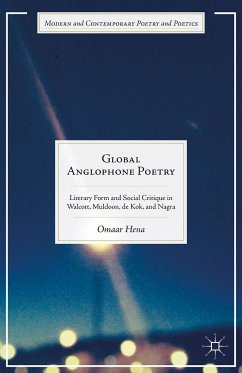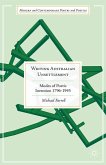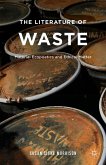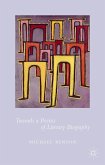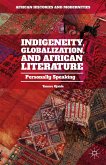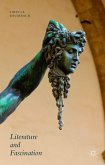Poetry's relevancy as a tool for social and political change continues to be overlooked in a global context. Looking to writers as diverse as Derek Walcott, Paul Muldoon, and Daljit Nagra, Hena shows that poets throughout the world have reinvigorated older poetic traditions to address political realities and the sweeping pressures of modernity.
"Global Anglophone Poetry provides just the kind of sustained, attentive readings and global reach required for understanding literature and culture in the twenty-first century. Hena tracks the circulations of the Western canon through the work of four prominent contemporary Anglophone poets: Nobel Laureate Derek Walcott, Ingrid de Kok, Paul Muldoon, and Daljit Nagra. He shows convincingly how each writer engages both local political and historical contexts and the wider pressures of globalization." - Jacob Edmond, Associate Professor of English, University of Otago, New Zealand
"It has long been apparent that poetry needs to be read and understood in a global rather than a regional or national context. The result is as sensitive to why Paul Muldoon is drawn to native American culture, as to why Derek Walcott writes poetry that can be described as 'polycentric,' and as to why the poems of Ingrid de Kok have global ethical implications. [This book] is a fruitful collaboration between a nuanced formalism and a sensitive attunement to how historical change contributes to the shaping of contemporary poetic practices."- Rajeev Patke, Professor of Humanities, Yale-NUS College, Singapore
"It has long been apparent that poetry needs to be read and understood in a global rather than a regional or national context. The result is as sensitive to why Paul Muldoon is drawn to native American culture, as to why Derek Walcott writes poetry that can be described as 'polycentric,' and as to why the poems of Ingrid de Kok have global ethical implications. [This book] is a fruitful collaboration between a nuanced formalism and a sensitive attunement to how historical change contributes to the shaping of contemporary poetic practices."- Rajeev Patke, Professor of Humanities, Yale-NUS College, Singapore

